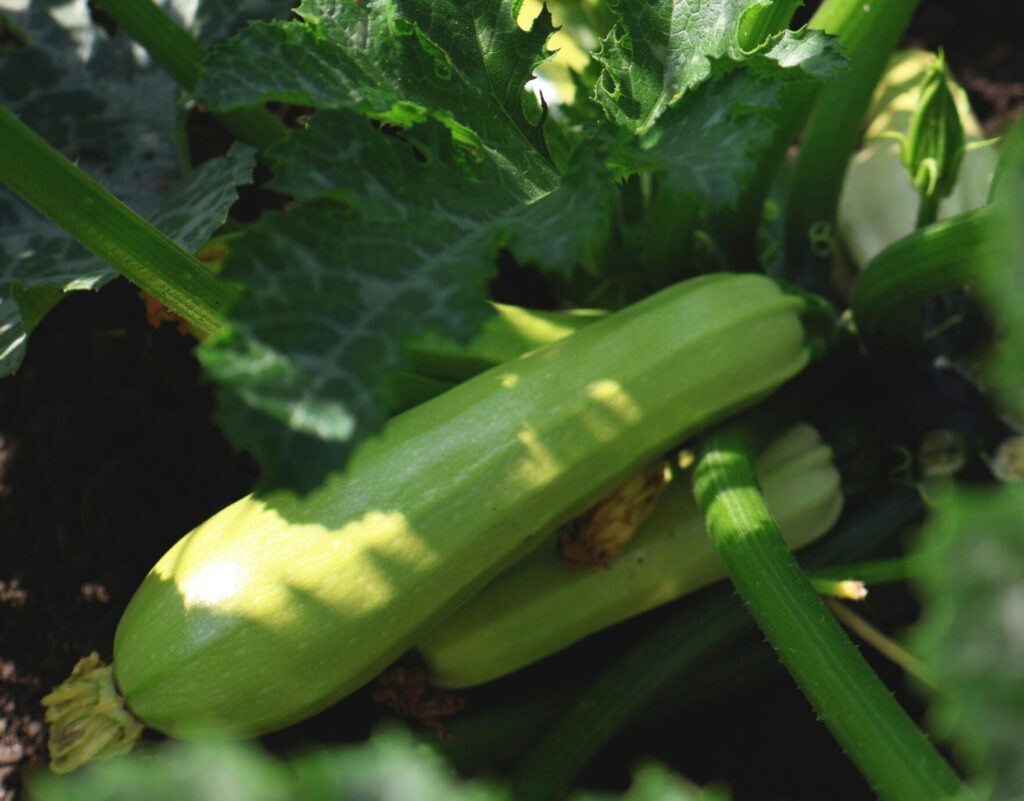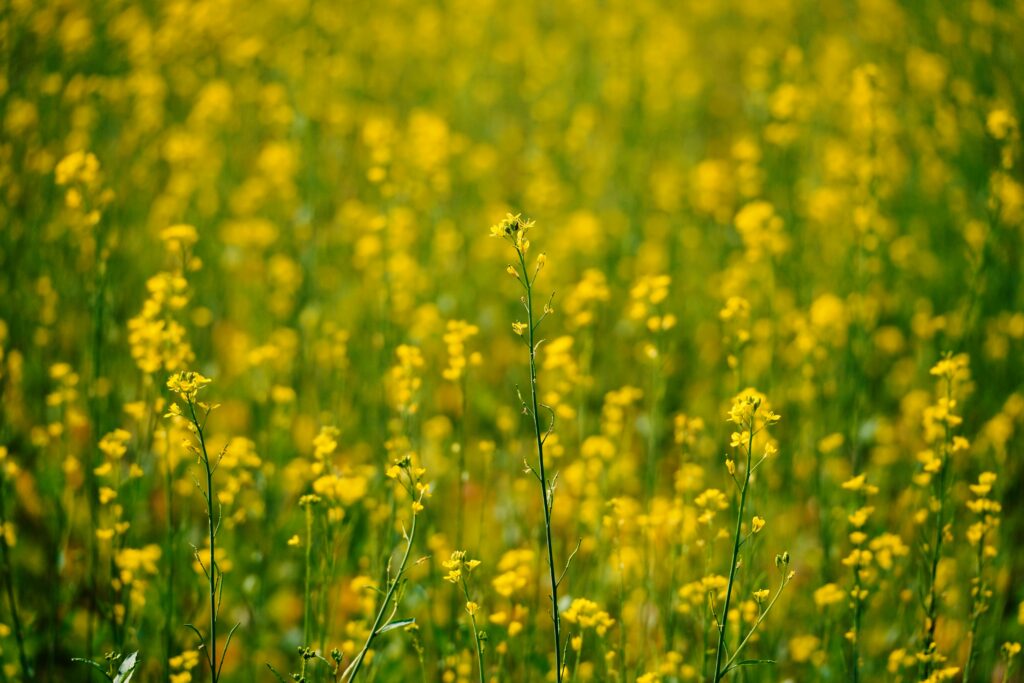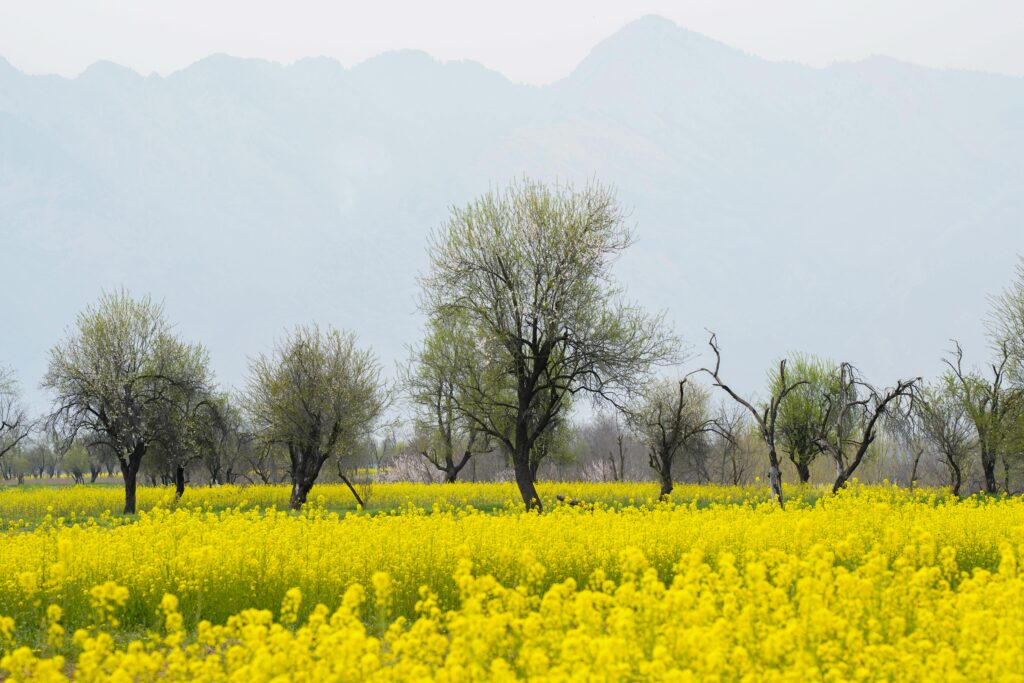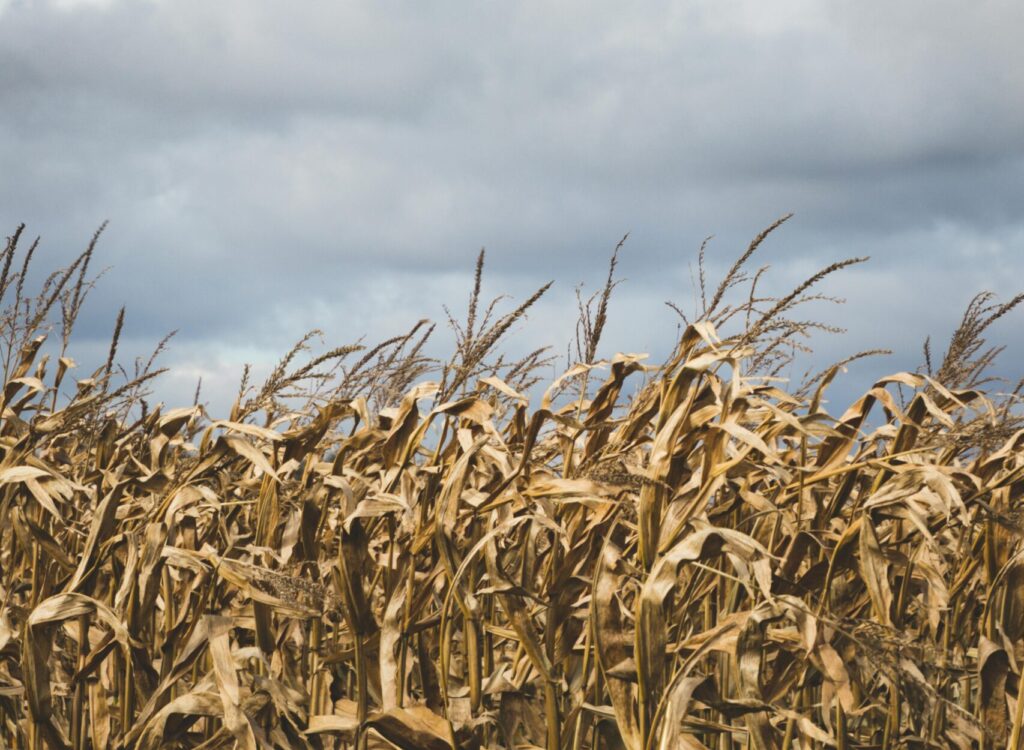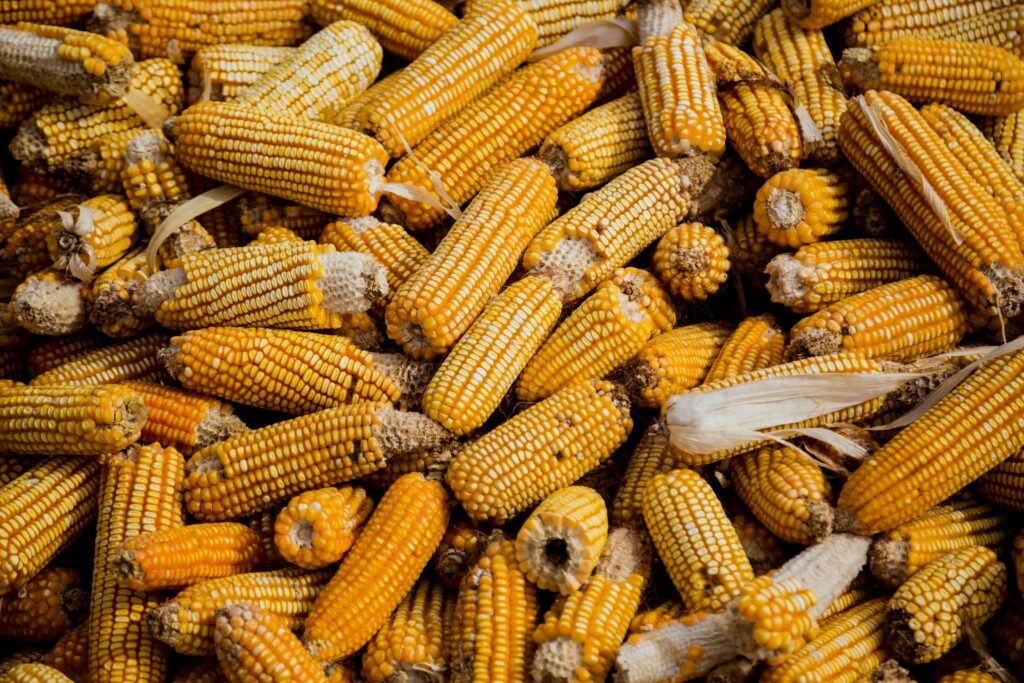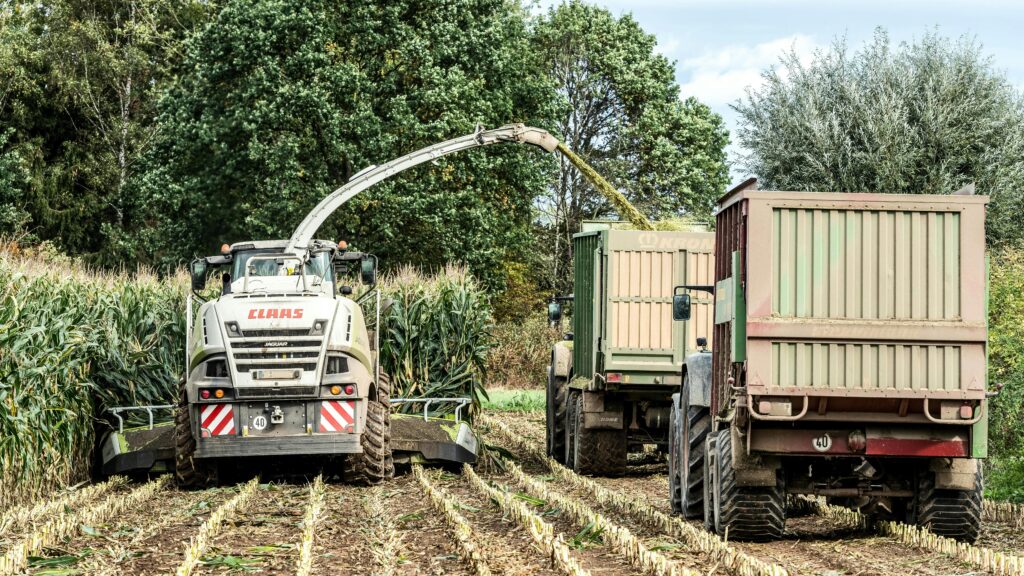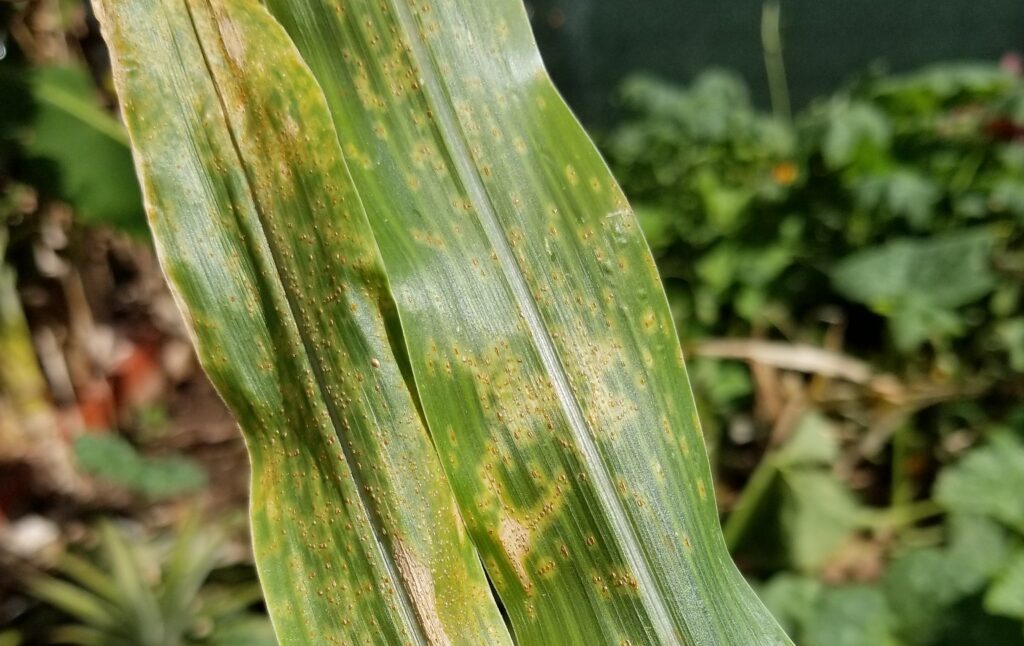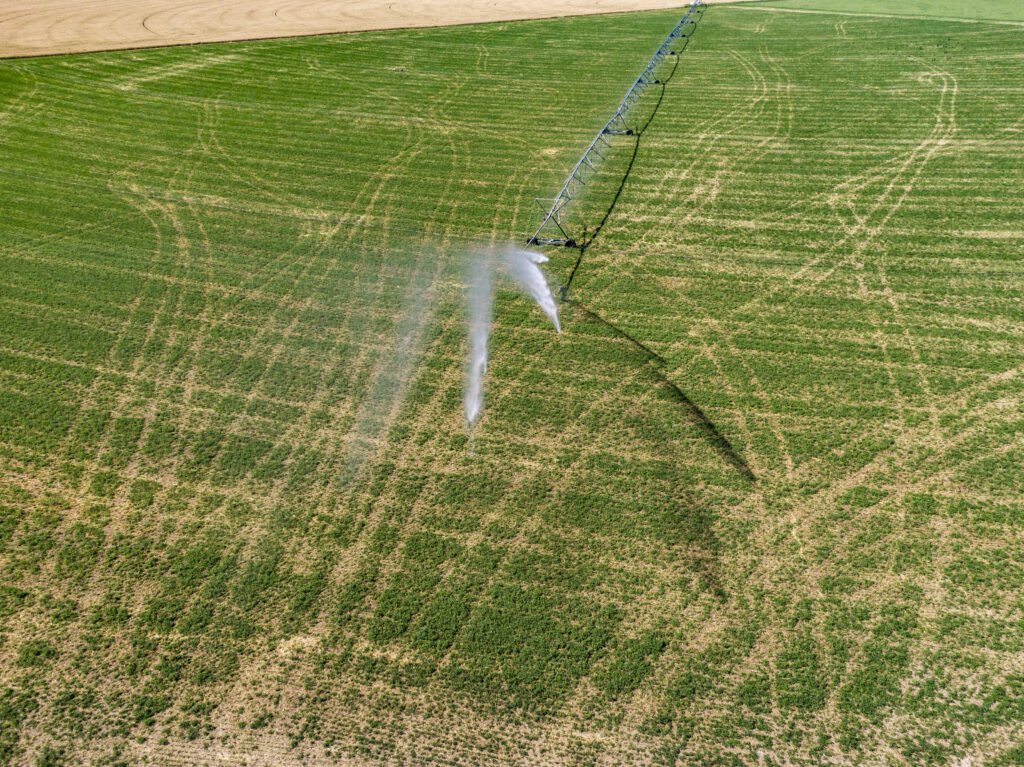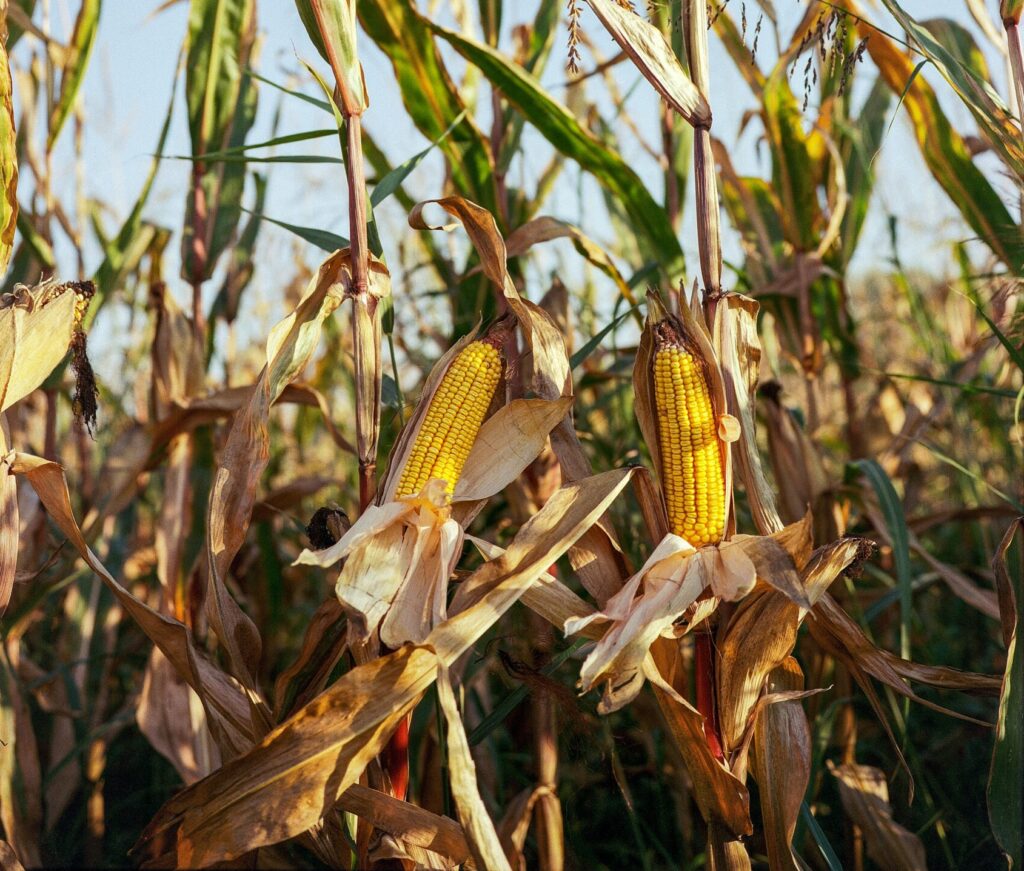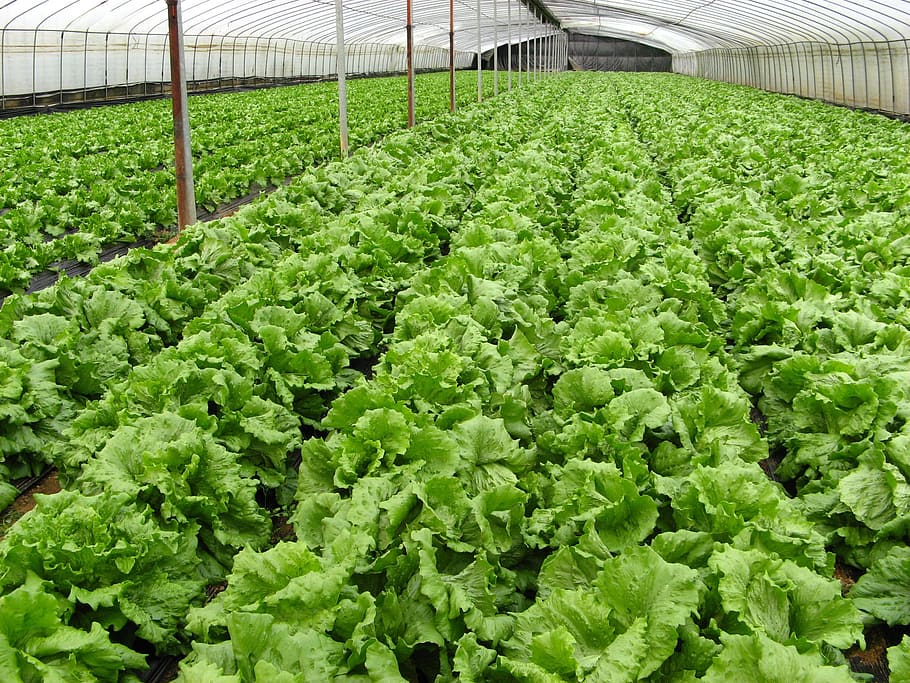
In the tapestry of human history, farming emerges as the foundational thread that weaves through the fabric of civilization. It is not merely an occupation but the very essence of our existence—a timeless journey that connects us to the land, nourishes our bodies, and sustains our communities. From the dawn of civilization to the present day, farming has been our root—a source of sustenance, culture, and identity.
The Origins of Farming:
The story of farming traces back thousands of years to the dawn of agriculture, when our ancestors transitioned from nomadic hunter-gatherers to settled agrarian societies. In the fertile crescent of the Middle East, ancient civilizations such as Mesopotamia, Egypt, and the Indus Valley cultivated the land, harnessing the power of domesticated plants and animals to secure food and shelter. The invention of agriculture marked a pivotal moment in human history, laying the groundwork for the rise of cities, trade networks, and complex social structures.
Farming: A Way of Life:
For countless generations, farming has been more than just a livelihood—it’s a way of life deeply intertwined with culture, tradition, and heritage. From the rice terraces of Southeast Asia to the vineyards of Europe, farming practices have shaped landscapes, cuisines, and identities around the world. Each region bears the imprint of its agricultural heritage, with farming rituals, festivals, and folklore passed down from one generation to the next.
The Heartbeat of Rural Communities:
In rural communities, farming is not just an economic activity but the heartbeat of daily life. It sustains families, fosters social cohesion, and preserves local traditions. Farmers are the stewards of the land, tending to crops and livestock with care and dedication. Their labor sustains not only their own households but also the broader community, providing food, jobs, and essential resources.
Farming: A Source of Resilience:
In an increasingly uncertain world, farming offers a beacon of resilience—a source of stability in times of crisis. Farmers weather storms, droughts, and economic downturns with fortitude and resourcefulness, drawing upon generations of knowledge and experience to adapt to changing conditions. Their resilience is a testament to the enduring strength of the farming spirit—a spirit rooted in the land and nurtured by generations of farmers past and present.
Looking to the Future:
As we look to the future, farming remains as vital as ever—a cornerstone of sustainable development, food security, and environmental stewardship. In a world facing pressing challenges such as climate change, biodiversity loss, and population growth, farming holds the key to building a more resilient and equitable future. By embracing regenerative practices, harnessing technological innovations, and fostering collaboration across borders, we can cultivate a world where farming continues to thrive as our root—a source of sustenance, connection, and hope for generations to come.
In conclusion, farming is not just a profession or a pastime—it’s our root, our foundation, our legacy. It sustains us in body and spirit, nourishing our bodies, nurturing our communities, and grounding us in the rhythms of the earth. As we honor the legacy of farming, let us cultivate a future where farming remains the bedrock of human civilization—a source of abundance, resilience, and vitality for all.






